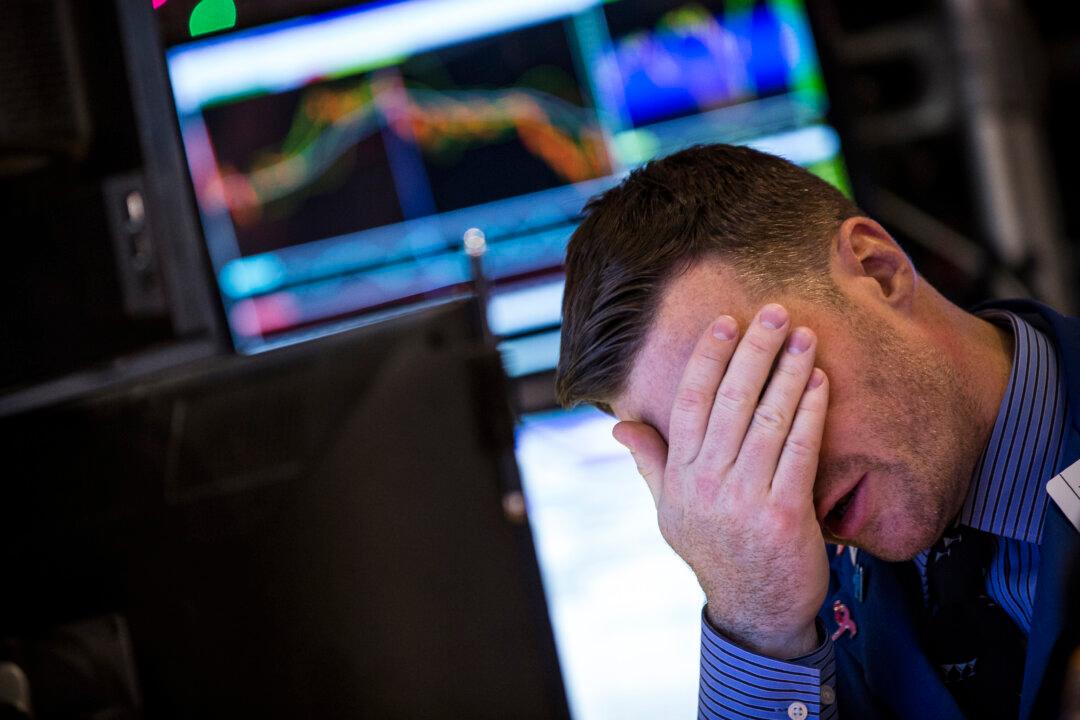Federal authorities late last week indicted delivery company FedEx Corp. for conspiracy to knowingly distribute prescription drugs illegally sold online.
Unlike other companies caught in similar hot water, FedEx isn’t backing down.
In a 15-count indictment filed in California, the U.S. Department of Justice alleged FedEx made at least $820 million shipping prescription drugs from online pharmacies to addicts and other unauthorized users. Prosecutors went so far as suggesting FedEx was complicit in such drug rings.
The maximum fine, if convicted, could be at least $1.64 billion (double the illicit revenue).
The charges come after a yearlong investigation by the Drug Enforcement Administration (DEA) and other federal prosecutors. The alleged indictment details are particularly damning; they accuse FedEx of ignoring warnings from law enforcement for almost a decade, and FedEx drivers allegedly met drug users in vacant parking lots and other clandestine locations to avoid detection.
The charges state that FedEx knowingly delivered these drugs for companies as early as 2003, with sales teams apparently demanding delivery fees in advance due to such companies’ questionable legality and stability.
‘A Transportation Company’
FedEx’s defense lies in that it is a delivery company and therefore cannot be counted on to police the millions of packages it delivers on a daily basis.
In other words, don’t shoot the messenger.
“We want to be clear what’s at stake here: the government is suggesting that FedEx assume criminal responsibility for the legality of the contents of the millions of packages that we pick up and deliver every day,” FedEx said in a statement last week.
“We are a transportation company—we are not law enforcement. We have no interest in violating the privacy of our customers,” the statement continued.
The government’s case would be more convincing if it can prove that FedEx, as a company, knowingly assisted illicit drug sellers. It would require management to know, or should have known, such activities.
But FedEx claims that it “repeatedly” requested a list of illegal online pharmacies from the DEA, and would stop delivering for such companies whenever such lists were produced.
Big Wager
In its SEC filings, FedEx disclosed that it had received grand jury subpoenas as early as 2008 related to alleged shipments of illegal online drugs.
Rival United Parcel Service Inc. was also originally included in the probe, but settled with federal authorities last year for $40 million and signed a nonprosecution agreement. Google Inc. also paid $500 million to settle charges that it profited from online advertising involving illegal online pharmacies.
FedEx isn’t backing down—it will argue that it cannot possibly police its shipments. It’s a huge gamble, and a potentially costly one.
But in a country where the government demands its portion of taxes on illegal drug dealing (such earnings must be reported to the IRS), FedEx must think it has a chance.




